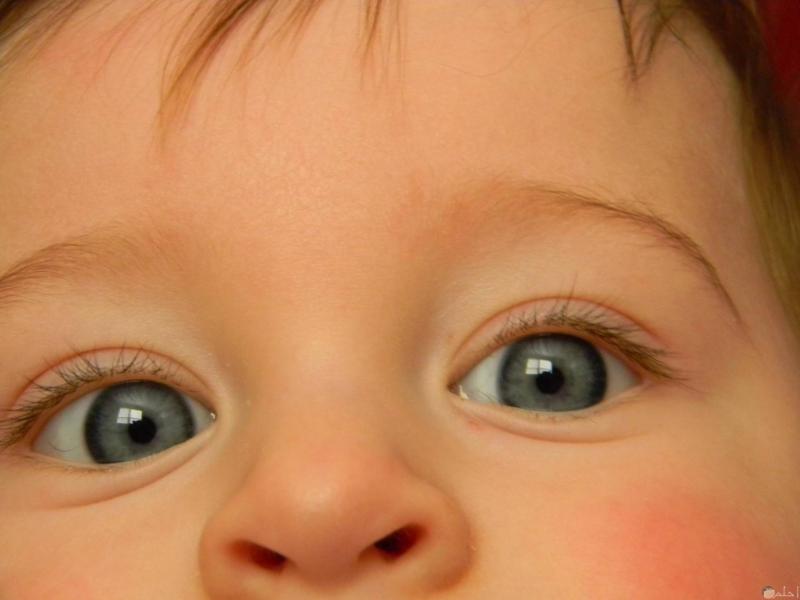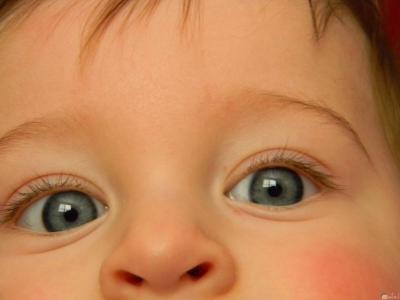A new study has revealed the potential use of artificial intelligence models to screen for autism and assess the severity of the condition, based on images of the retina. Previous studies have linked changes in retinal nerves to alterations in brain structures, thus relating them to Autism Spectrum Disorder (ASD). The researchers wrote in their new paper: "Individuals with Autism Spectrum Disorder have structural changes in the retina that may reflect changes in the brain, including anomalies in the visual pathway through embryonic and anatomical connections."
In the study, a team from Yonsei University College of Medicine in South Korea aimed to determine whether AI could detect autism in retinal patterns. The model was trained on images where the AI was informed whether the individual had autism or not. Subsequently, the AI was asked to analyze the retinas of 958 children, with an average age of 7 to 8 years, half of whom were diagnosed with autism. It achieved an excellent rate in identifying those with autism. However, the AI was not as effective in predicting the severity of symptoms through retinal images, with accuracy ranging from just 48 to 66%.
In a study published last year, researchers linked the retinal response to light with cases of Attention Deficit Hyperactivity Disorder (ADHD) and Autism Spectrum Disorder, another example of how the eyes can serve as a mirror to an individual's brain activity. The researchers commented, "The results of this study suggest that retinal images could serve as an applicable filter for objective screening of autism and possibly the severity of its symptoms." The research was published in JAMA Network Open.




